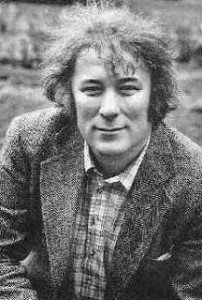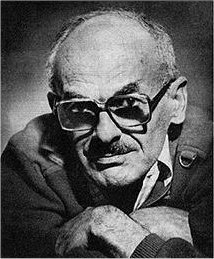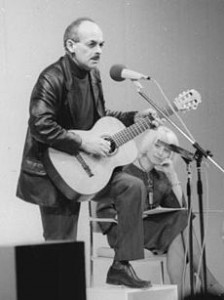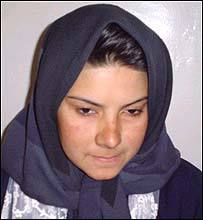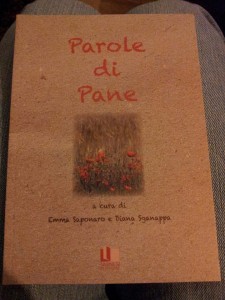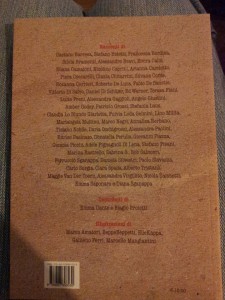September 17, 2013
Séamus Heaney (Castledawson, April 13, 1939 – Dublin, August 30, 2013) was an Irish poet, Nobel Prize for Literature in 1995, the highest representative of the contemporary Irish poetry renaissance. Seamus spokes with everyone looking at them in the eye in academic conferences and pubs; of sacred things and everyday life.
Recently, it has returned to the fore for the departure, but it’s good enough mourning: it expresses the memory, because it is a fact and an ancestral rite that it is before the current religions. Seamus is an example of the care, study, perseverance and certainly not just lazy intuition and improvisation. He has experienced first hand the combination of theory and practice, because the activities of poetry immediately imply the notions of produce, make, manufacture, design, touch the ground.
Digging BY SEAMUS HEANEY
Between my finger and my thumb
The squat pen rests; snug as a gun.
Under my window, a clean rasping sound
When the spade sinks into gravelly ground:
My father, digging. I look down
Till his straining rump among the flowerbeds
Bends low, comes up twenty years away
Stooping in rhythm through potato drills
Where he was digging.
The coarse boot nestled on the lug, the shaft
Against the inside knee was levered firmly.
He rooted out tall tops, buried the bright edge deep
To scatter new potatoes that we picked,
Loving their cool hardness in our hands.
By God, the old man could handle a spade.
Just like his old man.
My grandfather cut more turf in a day
Than any other man on Toner’s bog.
Once I carried him milk in a bottle
Corked sloppily with paper. He straightened up
To drink it, then fell to right away
Nicking and slicing neatly, heaving sods
Over his shoulder, going down and down
For the good turf. Digging.
The cold smell of potato mould, the squelch and slap
Of soggy peat, the curt cuts of an edge
Through living roots awaken in my head.
But I’ve no spade to follow men like them.
Between my finger and my thumb
The squat pen rests.
I’ll dig with it.
The poetry is not confined to optics of the individual and it comes from the popular roots also made of musical tones, which are derived from folk songs. The poet received a mandate by the community of origin and belonging, while seeking a contact with European literature. The memory comes from the oral tradition and it is the source that allows the poet to grasp the totality of the real objects through childhood and rural labor. The poet captures the sense of “we”, when he declares in practice an ethical commitment, especially the Irish.
Seamus feels the issue of Northern Ireland among their acquaintances and family. In the seventies he also wrote about Bobby Sands (Robert Gerard Sands – Belfast, March 9, 1954 – Long Kesh, May 5, 1981, was a Northern Irish politician and activist, volunteer of the Provisional Irish Republican Army. He was elected a member of the British parliament while he was detained in the Maze prison at Long Kesh, where he died May 5, 1981 as a result of a hunger strike led to the bitter end as a form of protest against the regime prison where detainees were subjected Republicans). Seamus was able to distinguish the role of political the activist and even more by the poet, in fact he left Northern Ireland in 1972 and settled in Wicklow, Republic of Ireland.
In an interview, Seamus discusses his history as a poet and as he felt that after having published three books, not before. And in particular, how the poem should find its size between these two opposites: the constantly ask the question “what is the task of poetry?” And at the same time he expressed the human condition – private. The Irish question was transfigured him in the condition of every people. Finally, just because the memory draws from their land, the poet perceives the individual traits of a global vision of reality having in mind the intention of sharing it with their own community, without which he follows a priori rules and formal requirements.
He is the poet who with the intention, the word and the sound, exposes the original relationship between the self and its stand in the place of all peoples.
